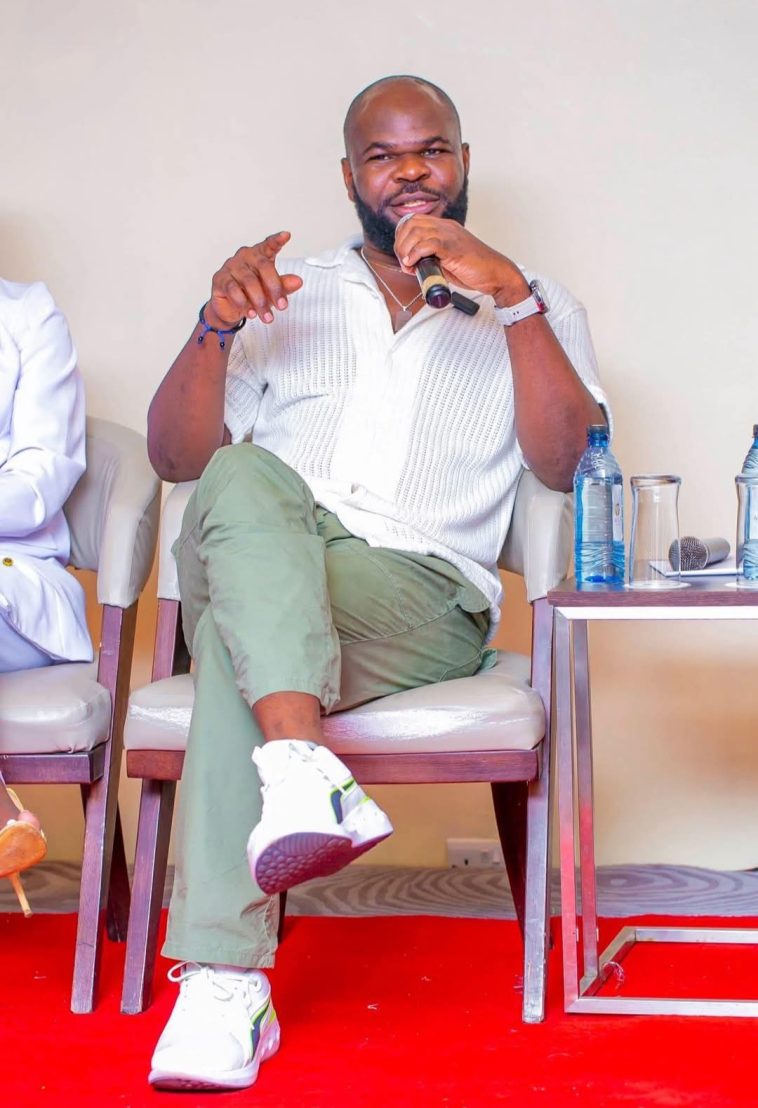I used to live in Obunga. Kisumu. Back then, I was just a boy, brilliant-eyed, chasing the wind through the red dust of that chaotic, tender neighborhood. My father, always dressed in crisp shirts and the scent of ambition, worked as an accountant in the CBD—on Oginga Odinga Street. I never stepped foot in his office. Children like me stayed back in Obunga, where days blurred into evenings and drunk men floated by like the last shadows before sunset.
Then came the slow unraveling of my father’s job, like a thread pulled from a good shirt. We moved back to the village. We didn’t complain. We adapted. Later, my sister found a man and moved to Nyalenda, on the other side of town. Same swirling dust of Katworo. Same tin roofs clanking in the wind. Same Kisumu. A city full of pulse and paradox. You could almost taste it—like Kawangware and Githurai 45: same mutura smoke in the evening air, same loud laughter between mabati walls.
Kisumu is a political cauldron and a cradle of love. It is the city of soft underbellies, wide hips, and unapologetically loud affection. Women here don’t whisper their desire. They moan until it rains. They love with a fullness only the Lake Victoria winds can understand.
But I left. I had to. I followed the smell of dreams to Nairobi—the city of glass. A whale of a place. And I, like Jonah, was swallowed whole. Nairobi taught me ambition. And trauma. And women. I became a branding strategist, a writer, and somewhere along the way, a tech meddler.
And then came 40. The catechism age. When a man begins to ask the hard questions, the quiet ones, the ones that sit on your chest at 3 a.m. I had a wife I’d marry again and again. I had one child—still do. But beneath the joy, something was gnawing. A hollow. A howl in the distance. It was the war within. The kind of war no one claps for. The kind of war you fight in the mirror.
Jagero. This is a midlife crisis.
Let’s go back—to Obunga and Nyalenda. The dream started there. I watched television through the glow of a neighbor’s window. That’s where I first saw Catherine Kasavuli. Nimrod Taabu. Swaleh Mdoe. Giants. That’s who I wanted to be. I wanted to be on TV. To be honest, I wanted to say this:
My name is Oduor Jagero, and this is Citizen TV at nine.
That’s why I went to Nairobi and studied Mass Communication and Journalism. But life isn’t linear. Dreams, too, have expiry dates—especially when your demons have long fingers. They follow you into your forties, wearing your clothes, whispering your doubts.
Midlife crisis. I wanted to be on TV. My TV. My subtitles. My stories. My voice.
So I created Dialogues With Jagero. It wasn’t just a podcast. It was my exorcism. My balm. And oh boy, it picked up faster than I could brace for. It grew like wildfire. Like a rumor. Like grace.
Because of it, I came back to Kisumu. I always return—but this time was different. This time, I was not just coming home. I was arriving as someone people knew. The Acacia Hotel was my landing ground. That morning, I was thrust into the eye of fame.
Fame is the mask that eats into the face. And in Kisumu, that mask hugged me tight. I had always refused the label, celebrity. It felt strange. Pretentious even. But that day in Kisumu, the label clung like perfume. At every corner, every smile, every glance—I saw recognition.
Fame overstimulates. It takes your breath and gives you someone else’s. In the Acacia Hotel bathroom, I looked at my reflection. I whispered to myself, So this is what it feels like… Ten million views on YouTube. Hundreds of millions across socials. It was dizzying. Beautiful. Terrifying.
At Java House, an American woman approached me. “Wait here,” she said, “I need to fetch my husband to meet you.” That kind of reverence still shakes me.
At Costa Ojwang’s show, the Tom Mboya Labor College pulsed with energy. And women. Ah, Kisumu women. I said it once, and I’ll say it again: their nyash are carved from gold. Their breasts so perfectly cushioned, you’d think the Luo God once worked in textiles.
To be known is to be seen—and to be seen is to be remembered. And Kisumu remembered me.
I’ve been here six days now. Six days of soaking it in. The warmth. The blood ties. The laughter that feels familiar even when it’s new. Perhaps it’s the voice I carry. Perhaps it’s my audacity to laugh. Perhaps it’s the authenticity I’ve never diluted. Or perhaps—just perhaps—it’s that I never gave up.
Lynn Ngugi once told me, “Take your flowers.” And so here I am. In Kisumu. Taking them in. Smelling them. Letting them bloom in my chest.
It all started here.
Tears. Of joy.
This post was created with our nice and easy submission form. Create your post!





